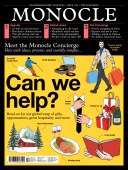
- Issue 179
- December 2024
Issue 179
Meet the Monocle Concierge. Here with ideas, presents and worldly insights…
In This Issue
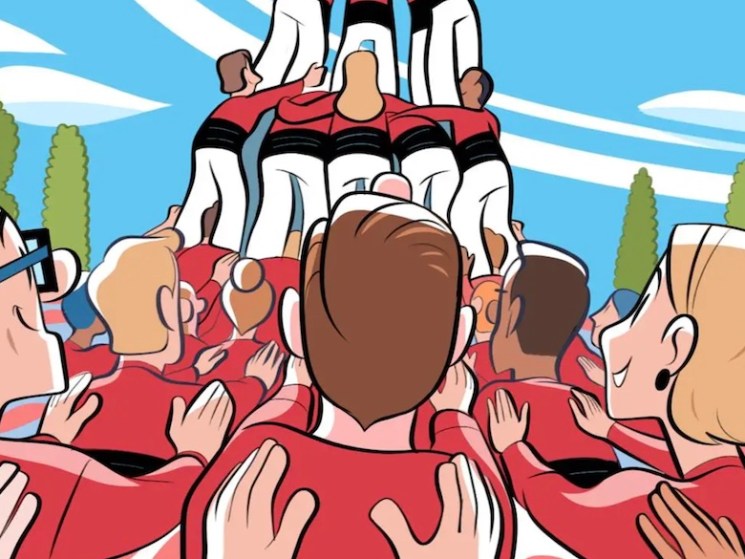
- 179 | Issues
- 4 min read

- 179 | Issues
- 11 min read
Opinion

Natalie Theodosi
Fashion director
Can fashion still be original if it’s trying to please an algorithm?
3 min read
Opinion

Alexis Self
Foreign editor
Western leaders shouldn’t allow themselves to be pushed around by Donald Trump
3 min read
Opinion

Andrew Mueller
Host of The Foreign Desk on Monocle Radio
The merits of soft power should not be underestimated
2 min read

- 179 | Issues
- 13 min read
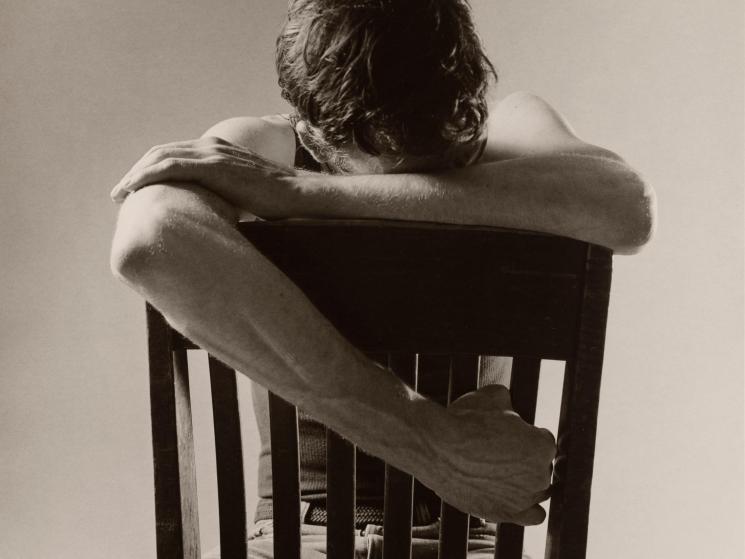
- 179 | Issues
- 9 min read

- 179 | Issues
- 2 min read
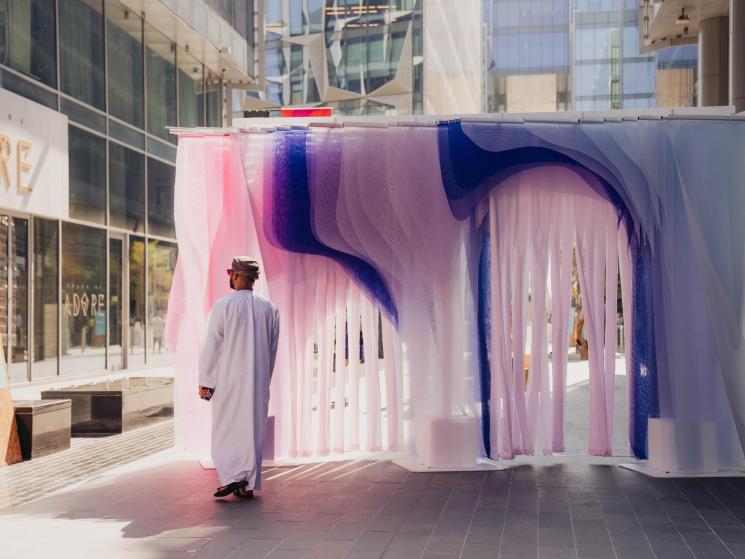
- 179 | Issues
- 4 min read

- 179 | Issues
- 15 min read

- 179 | Issues
- 5 min read
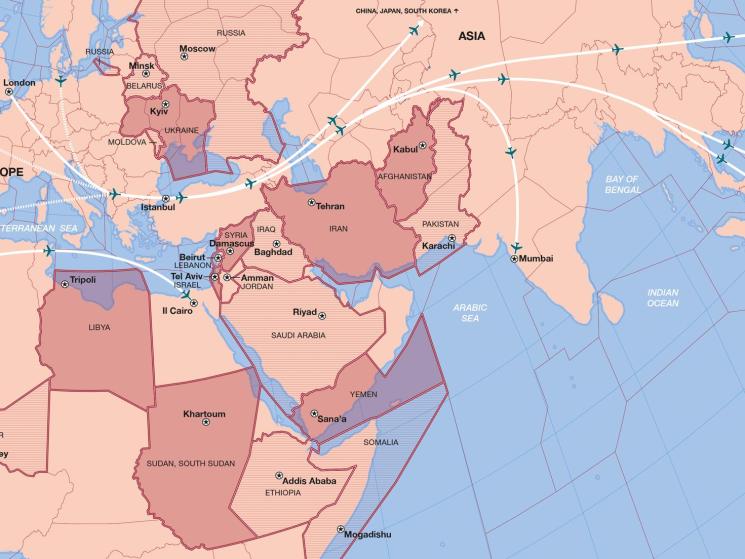
- 179 | Issues
- 11 min read


